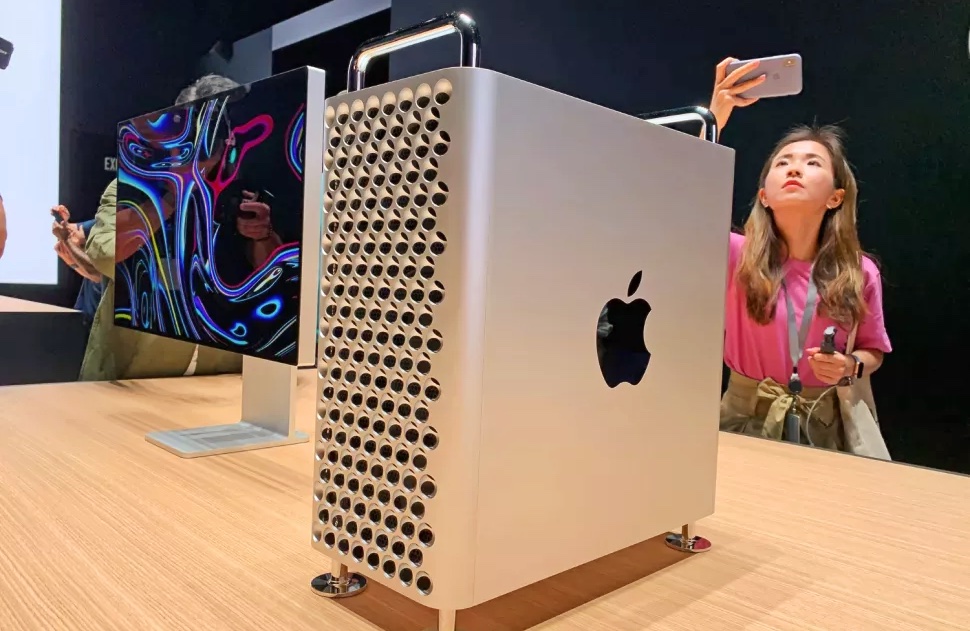Apple reportedly cancels M4 Extreme chip to bet big on AI instead — here's what we know
Will Apple ever get an Extreme chipset over the line?

Back in 2022, Apple was hotly tipped to be working on an M2 Extreme chipset for the Mac Pro, to replace the ageing Intel Xenon chips that (at the time) still powered its top-end towers. It would apparently have had 48 CPU cores and 152 GPU cores, but ultimately it all came to nothing, and the Mac Pro got a more modest (but still ridiculously powerful) M2 Ultra chipset instead.
Two years later, and we’re getting a sense of deja vu, as Apple has reportedly canned a similarly souped-up M4 Extreme.
Word of this comes from The Information (via MacRumors), which claims that in the summer, Apple abandoned the development of a chip made of four smaller chips combined into one. If we assume the M4 Max chip from the recent MacBook Pro is the starting point, that would suggest a chip with up to 64 CPU cores and up to 160 GPU cores.
While the reason for the cancellation of the M2 was said to be down to complexity and cost concerns, this time around it’s instead about priorities.
The Information sources state that Apple has redirected resources towards an AI server chip. As well as Apple itself and TSMC for manufacturing, Broadcom is reported to be handling the networking technology side of things, with the aim of completing the design within the next 12 months.
Will we ever get an ‘extreme’ M chip?
To be clear, this chip would not have been for everyone. This is serious power that comes with an equally serious price tag that’s well beyond the reach (and needs!) of most people.
To put things into perspective, the M2 Ultra Mac Pro tower that Apple eventually put out starts at $6,999, rising all the way to $12,199 if you add 16 more GPU cores, 128GB more RAM, 7TB more storage and a set of wheels (yes, really: wheels will add $400 on their own.) And the rumored M4 Extreme chipset, with its 64 CPU cores and 160 GPU cores, would make the M2 Ultra (24 CPU cores; 60-76 GPU cores) look positively puny by comparison.
Sign up to get the BEST of Tom's Guide direct to your inbox.
Get instant access to breaking news, the hottest reviews, great deals and helpful tips.
In other words, this is would have been a niche chipset for a niche product, and perhaps it’s unsurprising that Apple has twice got cold feet over whether it’s worth the time and money, considering that its mainstream devices continue to do very nicely.
And yet, this is a chipset that Apple has now twice shown some interest in developing. It’s not completely unrealistic, therefore, to think that the company might return to it at some point in the future.
But for now, it looks like we’ll be getting a lesser M4 Ultra chipset in the rumored Mac Studio and Mac Pros when they reportedly arrive next year.
Freelance contributor Alan has been writing about tech for over a decade, covering phones, drones and everything in between. Previously Deputy Editor of tech site Alphr, his words are found all over the web and in the occasional magazine too. When not weighing up the pros and cons of the latest smartwatch, you'll probably find him tackling his ever-growing games backlog. Or, more likely, playing Spelunky for the millionth time.

